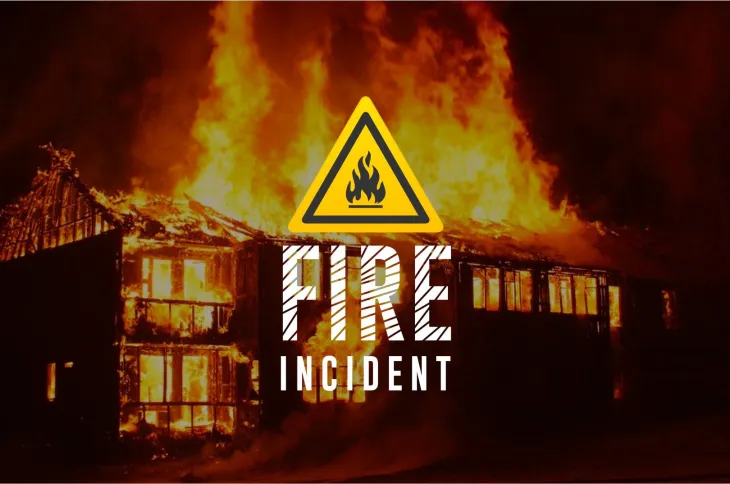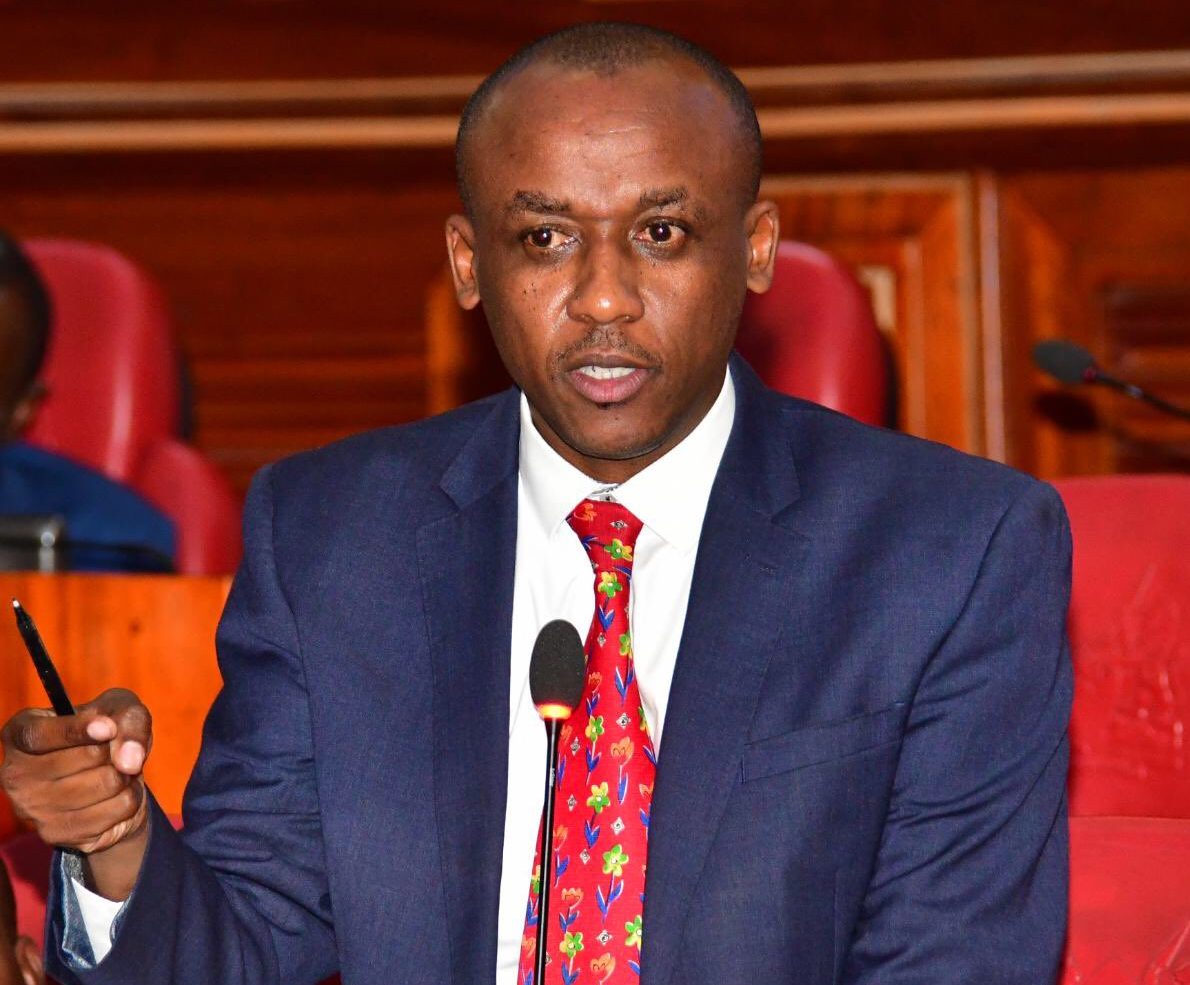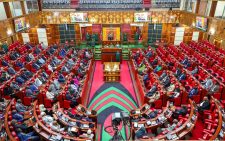Embakasi’s will not be last energy disaster

Yet again, another accident that was as predictable as they come happened last week in Embakasi Estate in Nairobi, when a gas storage and refilling facility exploded. Four people are reported dead so far, over 300 injured, and property of huge value destroyed.
President William Ruto ordered the sacking, arrest and prosecution of all government officials involved in providing licenses for the facility to operate. This is a case of closing the stable after the horse has bolted.
After the suspects are arraigned, the cases will go down a very well defined Kenya route – wind their way through the courts forever and disappear into the mists of time with nobody ever convicted.
The President’s order is, therefore, left largely as an exercise in damage control. It is very exasperating!
Kenya is a country primed for a huge explosion.
The Energy and Petroleum Regulatory Authority (EPRA) has done a very poor job of regulating the energy sector. It is either incompetent or under resourced. The government has to decide which is the case and rectify it very urgently. Otherwise, the Embakasi gas explosion will not be the last.
Domestic use gas is very big business, and spans literally thousands of stockists in all highly populated estates in Nairobi and the big towns like Mombasa. The stockists bring speed, personalized service like delivery, reliability, cut throat pricing, small weight dispensing, and a thriving business opportunity. It is literally a billion-shilling industry.
You get a picture of the extent of risk Nairobi carries. This risk is alive very single day as Embakasi so clearly, though tragically, demonstrated. EPRA seems to have given up on policing of this ecosystem.
A balance must be struck between the imperatives that have created this sprawling business ecosystem, and the high risk the business entails.
EPRA and the National Environment Management Authority (NEMA) must get off their backsides, out of their offices, and start scouring the estates in major towns, starting with Nairobi, inspecting and securing gas facilities for safety.
The risk associated with the energy sector is outsized because of the products manufactured and sold in that sector. The government’s policy and regulatory systems, it is clear, have been overtaken and left for dead by the sector’s growth. They are wholly inadequate.
It is barely a decade ago in September 2011 when a leaking pipeline owned by the Kenya Pipeline Company (KPC) spewed petrol into the sewers in Sinai informal settlements in Nairobi.
It is still not clear where the spark came from that caused the petrol to ignite, but at the end of that disaster, 100 people lay dead, some burnt to ashes, 116 received severe burn injuries, thousands were displaced from their homes, and property of inestimable value destroyed.
Nothing was learnt from that disaster. Consequently, here we are again.
Official accountability for disasters in Kenya is non-existent. Nobody accepts any responsibility. Even now, neither EPRA, nor NEMA, nor Ministry of Energy has accepted any responsibility. They have all joined in the chorus of condemnation of the operator. One could think enforcement is supposed to be undertaken by an alien force from maybe Mars.
Indeed, Energy cabinet secretary Davis Chirchir, and his Interior Ministry counterpart Kithure Kindiki, have issued a raft of measures they will now undertake to “streamline” the sector.
Chirchir and Kindiki, Kenyans want to know, where were you before the explosion? This is called dereliction of duty.
In civilised societies, ministers take political responsibility and resign. The heads of EPRA and NEMA would be sacked and prosecuted for criminal negligence. That is how accountability works!
But given that this is Kenya, the usual flurry of activity will follow the Embakasi disaster. It is a script one can predict to the T.
After the burial of the victims, where more harsh rhetoric will be spewed against the ‘perpetrators,’ the hullabaloo will simply die off, and the government system returns to default – pushing paper. Until the fire next time!
Cry the beloved country!
— gathukara@gmail.com












